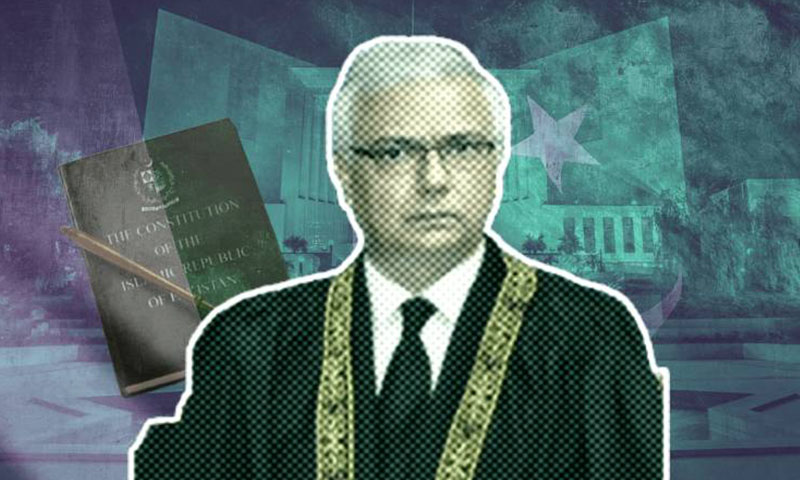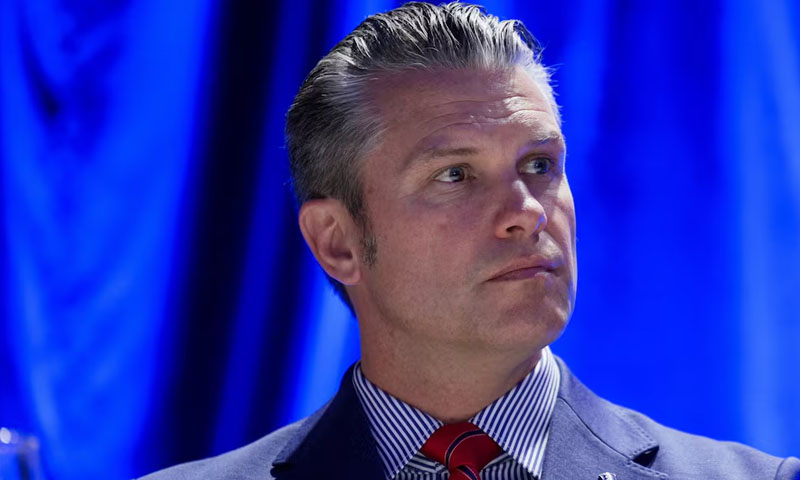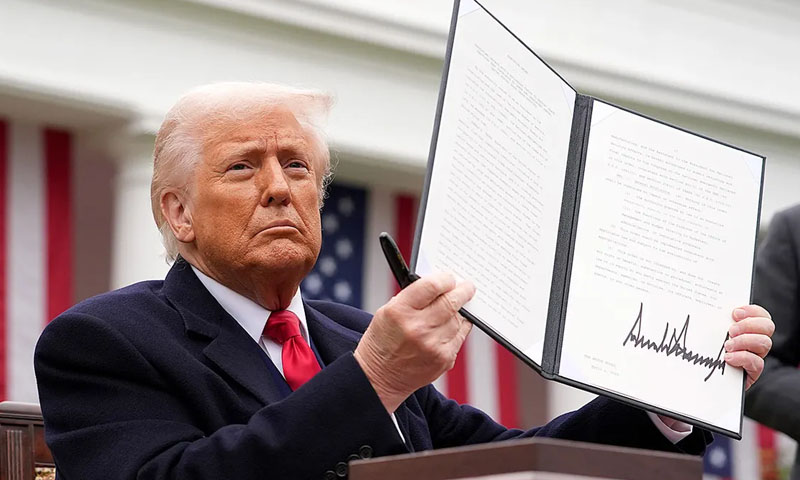- Web
- 2 Hours ago
Justice Aminuddin takes oath to lead Pakistan’s new Federal Constitutional Court
-

- Web Desk
- Nov 14, 2025

Justice Aminuddin Khan took the oath on Friday as the inaugural chief justice of Pakistan’s newly formed Federal Constitutional Court, a day after the 27th Amendment to the Constitution was enacted.
The ceremony, held at Aiwan-i-Sadr, was attended by top military and political leaders. Chief of Army Staff Asim Munir and Chairman Joint Chiefs of Staff Committee General Sahir Shamshad Mirza were present alongside Supreme Court Chief Justice Yahya Afridi, President Asif Ali Zardari, and Prime Minister Shehbaz Sharif.
Senior political figures including PPP Chairman Bilawal Bhutto-Zardari, his sister Aseefa Bhutto-Zardari, Deputy Prime Minister Ishaq Dar, National Assembly Speaker Ayaz Sadiq, Senate Chairman Yousuf Raza Gillani, and federal cabinet members also witnessed the historic event.
The ceremony opened with the recitation of the Holy Quran, after which President Zardari administered the oath to Justice Aminuddin in English. In his pledge, the new chief justice promised to uphold the Constitution and the law without fear or favour, to act without personal bias, and to follow the code of conduct issued by the Supreme Judicial Council.
“That I will not allow my personal interest to influence my official conduct or my official decisions. That I will preserve, protect and defend the Constitution of the Islamic Republic of Pakistan and that in all circumstances, I will do right to all manner of people according to law, without fear or favour, affection or ill will,” Justice Aminuddin declared, before shaking hands with the president.
President Zardari had formally appointed him the previous day under Clause 3 of Article 175A, read with Article 175C of the Constitution. The appointment took effect immediately upon his oath-taking.
Government officials said the creation of the Federal Constitutional Court is part of the judicial reforms under the 27th Amendment. The new court is expected to ease the workload of the Supreme Court, ensure faster resolution of constitutional cases, and strengthen judicial independence and public confidence in the system.




